Most fantasy stories take place in medieval times. Usually these medieval times seem almost exactly like current time, complete with whiny teenagers and indoor plumbing. Many writers don't know much about this particular era in time. As I have done before (and will do again), here's a list of things I know off the top of my head, followed by a list of things I don't know about the Middle Ages.
The Black Plague happen around then. Lots of people died. There were these super-cool priests who wore these terrifying bird-masks.
There were knights, queens, princesses, dukes, duchesses, peasants, and landlords. The caste system was very important but awful for the people at the bottom.
The food was awful if you were a peasant, and slightly less awful if you were a King.
Peasants never married princesses (unless you're talking about China, but we're focusing on a more European setting.)
Horses were ridden everywhere, and they require quite a bit of work to take care of.
(Sidebar: As of 2010, many, many people hold to romanticized (or Disneyized) notions of what it is or is not like to have a horse. I have talked to at least one girl who was convinced that owning a horse was an almost mythical experience. Having been around horses quite a lot myself, I was able to say with confidence that owning a horse is like owning a really large, quite expensive dog. Having never been around horses, she disagreed.)
Lots of people starved to death. This was not an isolated thing, either. Ever heard of the Irish Potato Famine? Well, it's not really in medieval times, but it's a famine. So there.
Tapestries hung in castles were to keep the warmth in and the echoes and breezes down. Plus they looked pretty.
Suits of armor weight a ton.
Here be dragons.
What many people fail to grasp when writing in this setting are things like:
How does a monarchy actually work?
What is the purpose of a King holding court every day?
What is a count and how does one attain such a title? What is his purpose?
Does everyone really talk like in Romeo and Juliet?
Now, I'm not trying to make your exciting medieval story into a boring research paper. I'm just pointing out that usually the world behind the story is pretty thin. You don't need to go and research all of the questions that I brought up, but it wouldn't hurt to know some of them. And even still, you probably don't need to know it unless your plot centers around political intrigue.
If you want a really excellent example of a modern book written about medieval times, read Michael Crichton's Timeline. Seeing the movie doesn't count. I learned more from Crichton's heavily, heavily-researched Lords-and-Ladies book than a dozen textbooks on the subject (mostly because his book actually held my interest.)
But I've gotten ahead of myself. There are several pitfalls you want to avoid (or purposely enter, if you're snarky) when writing in this setting.
The Princess Bride. No, I'm not talking about the cult movie, I'm referring to the fact that in most of the (bad) stories I've read, the hero always gets the girl, who is also a princess. Or a princess in disguise. Or a lower-ranking member of the court who happens to be the true heir to the throne which she inherits at the end of the story. Or she's a peasant who (guess what!) somehow becomes queen. You see where I'm going with this. If I were writing the story, I'd steer very clear of this ever-so-overused trope. In fact, if there were a princess, she wouldn't even be a character in the story. If she were, she'd get killed because we'd hate her. No, better yet, just cut her out completely. What is the lesson here, anyway? Are men only supposed to be attracted to women who hold governmental power over them? Is this some kind of feminism kick that's been around since before feminism? I dunno.
Though the Chrestomanci and Howl's Moving Castle books did a great job of using this trope in an interesting way.
The Mysterious Hermit. Lots of stories have these, and not just fantasy ones. Even Star Wars had Obi-Wan "Ben" Kenobi. You know the character: He doesn't really seem very helpful, but he gives character advice to the hero that later comes in handy. He doesn't even have to be loveable; pretty much he can be Doctor House when it comes to a personality, but the main characters still hang around him more than they should.
You know what, I just realized that this advice is really not limited to fantasy stories. The same kinds of themes can be seen in everything from sci-fi to romance novels. In fact, there are probably sci-fi-romance novels that use all of these things.
Though when people write about medieval times, they usually include magic, something that probably wasn't used at the time. There are many things to avoid in this kind of medieval magic-tale as well.
Pretty much writers using magic have a convenient catch-all that can do everything that they can't. This can take the form of the amazing bag of holding from the final Harry Potter book, or something more needlessly complicated like nearly any kind of magic from Discworld. Some authors realize how ridiculous some magic is and make an effort to mock it.
I prefer magic to be something a little more difficult to achieve; that is, more like a simple algebra problem in that it takes some time to work out, but it's not as easy as breathing.
“I flicked my hand an teleported across the world,” is less interesting than something with a little more challenge and danger. I think I'll save the Difficult Magic discussion for Friday's blog.
Then again, your story could be more like the Elder Scrolls IV: Oblivion; there's not really any interaction with people outside of them asking for help, being murdered by vampires or getting crushed to death by watermelons.
If there is a moral to this story, it's that you should read at least one good medieval fantasy book before jumping in and writing one. The cliches that I've listed aren't necessarily bad things, even; I'm sure any savvy reader will be able to find at least two or three books that feature one (or all) them. They're not really the kind of stuff that kills a story, but if you think of them like adjectives, they can create bad habits that encourage bad writing. Almost like how urine attracts bacteria.
That's right: Cliches are like urine. That's a good sentiment to finish the blog on.
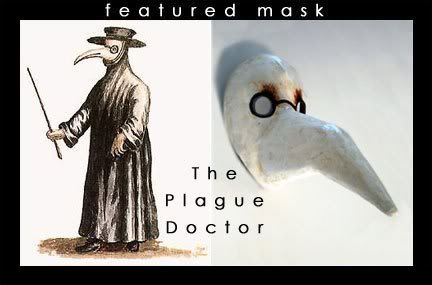
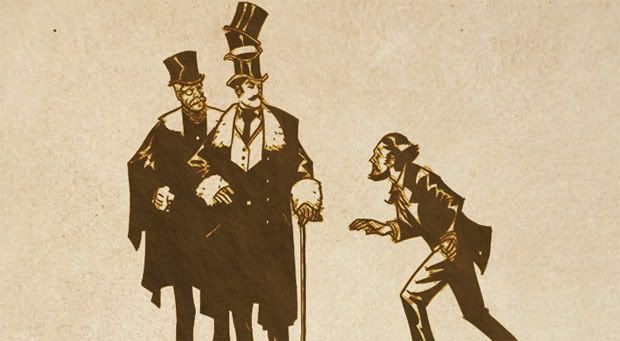
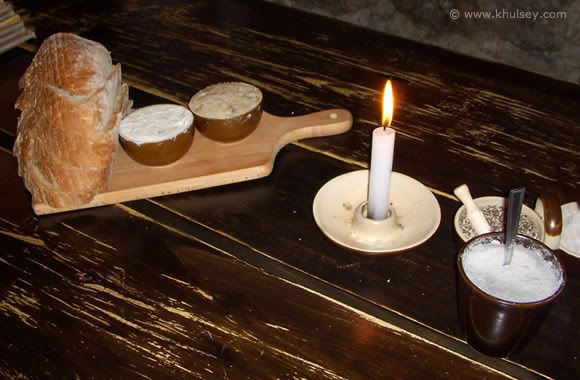
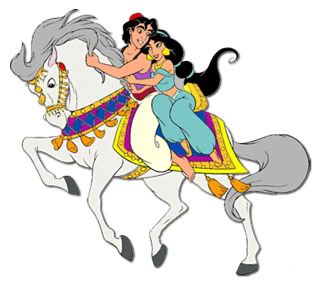
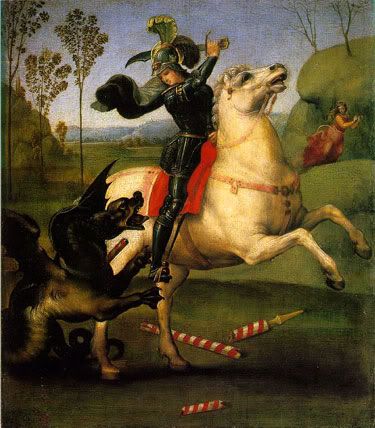

Hey I loved your pictures! I went to the thing at the library and the author that was speaking said, that the women that she knew who wrote say about the 15th century had degrees in History from that time period, one of a series of books that I loved and read was by a lady named Sharon Kay Penman. I think if you are going to write a time period you need to read more than one book on it, or then it just becomes fan fiction.
ReplyDeleteGood blog though.
The Great and Terrible Quest is a good medieval fantasy book.
ReplyDeleteAnd yes, ditto FG's remark about reading more than one book. :-)